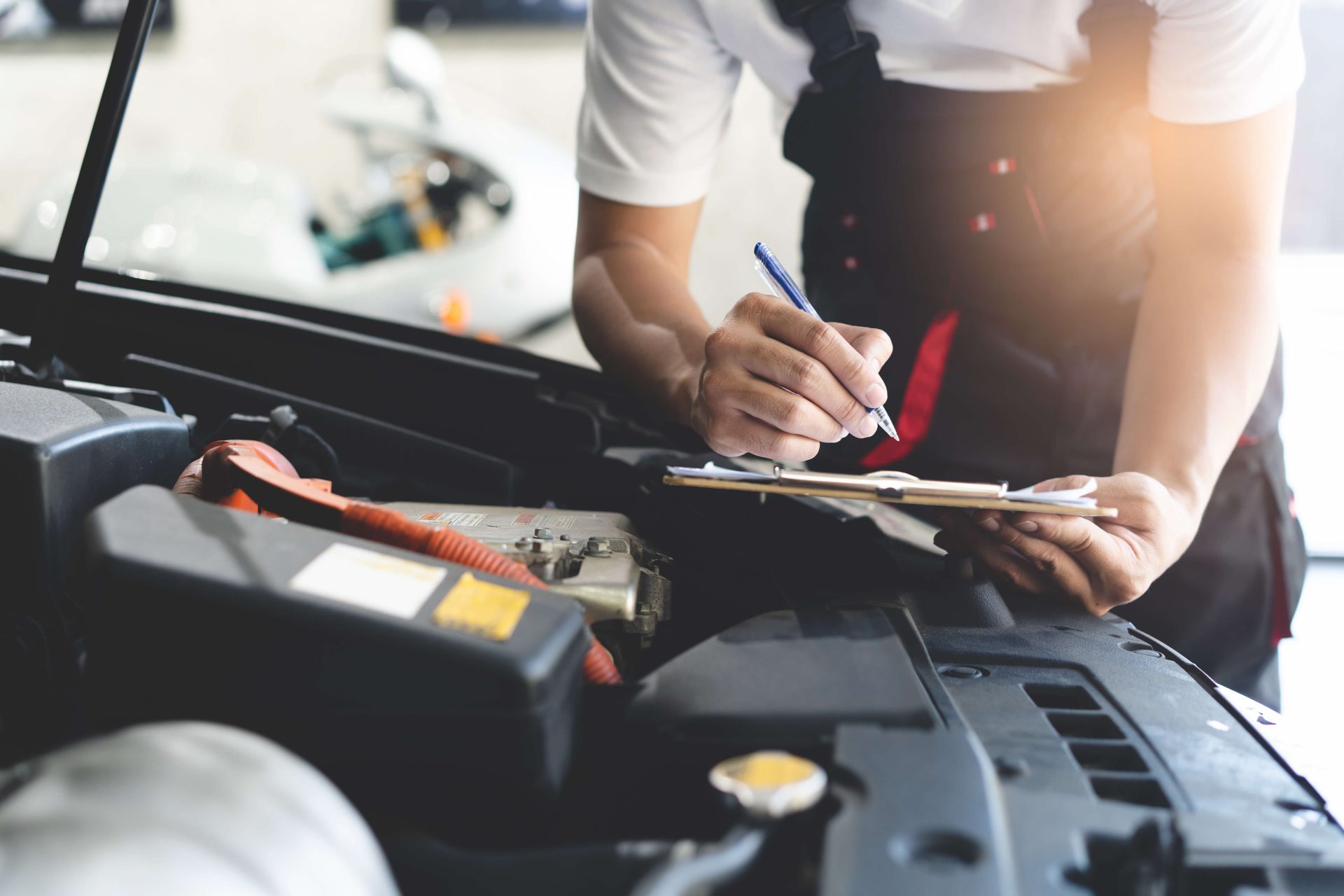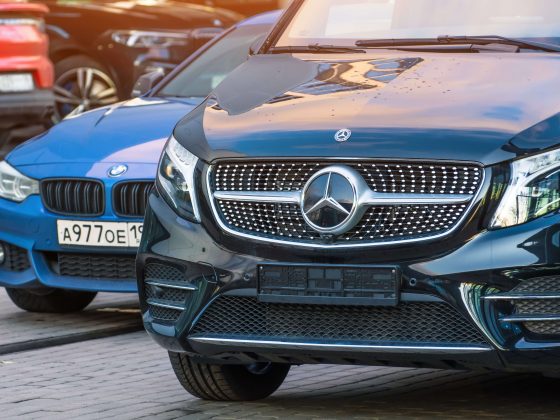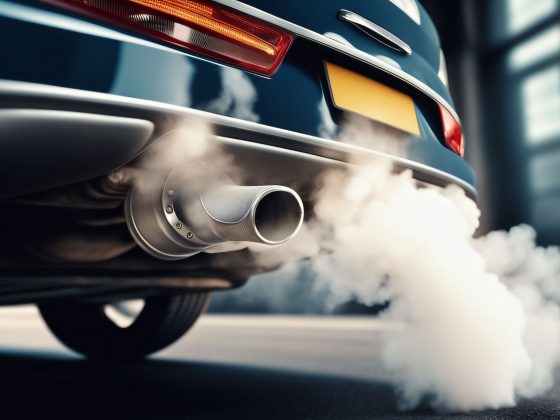Hey there, friends. Welcome to another addition of all-things-automotive. Or, in other words, welcome back to our blog here at eTags. If you’ve been here before, you’ll know by now that we tend to stick to the positive end of things, veering away, as it were, from the negative and steering toward the positive.
Use eTags© to Quickly Complete Your DMV Service. Renewals, Title Transfers and More, All Online!
That said, we see it as our duty to let our loyal readers know when something in the auto world could affect them in a potentially harmful manner. And while it’s not our style to go for scare tactics, we believe that highlighting a manufacturer’s recall could very well save a life or two.
Today we’ve got not one, not two, but three recent manufacturer recalls to share with you folks. And while this may not be the happiest of news, it is far, far better to be informed and take the precautionary measures than to be left out in the dark, right? So we will provide the companies, the issues at hand, and how you can remedy them. Ready? Here we go…
Today’s recalls are: Toyota, Stellantis, and Samsung.
Toyota.
Toyota has issued a recall on its popular pickup truck, the Tacoma. The manufacturer has pointed to over 100,000 Tacoma trucks that could be affected by a potentially dangerous brake issue. The vehicles in question fall into those built in North America, Central America, South America, and other regions in 2024 and 2025. Specifically, the trucks at risk are those 4-wheel drive Tacoma’s with 16-inch brakes and 17-inch Toyota wheels.
What is the problem, exactly, you wonder? Well, seeing as how pickups are made to traverse all sorts of terrain, they often encounter dirt and mud, and should be able to handle this without pause. The recall is based on a design flaw that allows dirt and mud to accumulate in the rear wheels while off-roading. If debris builds up in this area, it can damage brake hoses, causing leakage of brake fluid.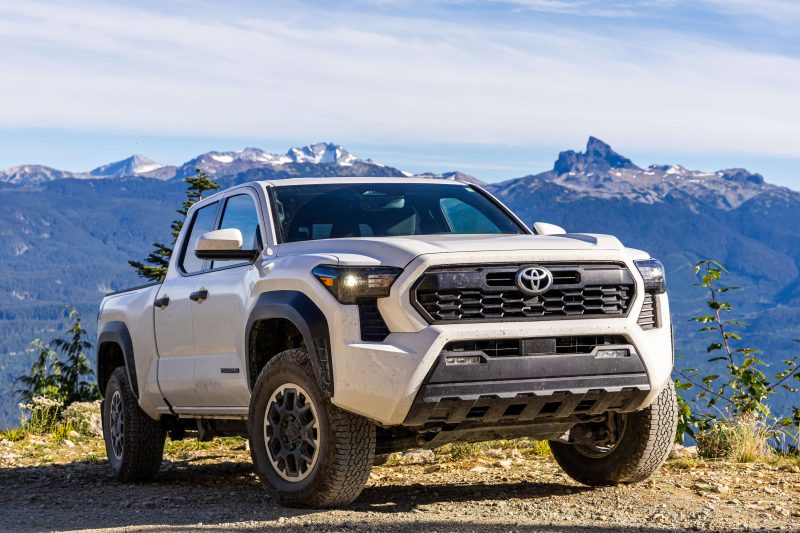
Why is this an issue? Leaking brake fluid can lead to less effective brake-ability and ultimately a complete loss of braking power. And this, friends, is somewhere we never, ever want to find ourselves. Thus, the recall. Now, how can this design flaw be set right?
Toyota has promised to completely replace both brake hoses on the affected models at zero cost to the customer.
So if you’re one of the Tacoma drivers with this issue, get thee to a Toyota dealer and get in line for the replacement. In line, you ask? Well, yes. It seems that Toyota is scrambling to manufacture enough improved parts to service all of its customers in need of the fix.
To check if your Tacoma is part of this recall, click here.
Stellantis.
Stellantis (the Netherlands-based parent company of Chrysler) is recalling over 200,00 Jeep and Dodge SUVs in the United States. The models being recalled include Jeep Grand Cherokee and Dodge Durango from years 2018, 2019, and 2022.
What’s the issue? It seems that these vehicles have a computer malfunction that can cause the disabling of anti-lock brakes electronic stability control safety features. Apparently the faulty computer system can mistakenly disable safety features, incorrectly measure brake pressure, turn on brake lights randomly, or allow for a driver to shift out of park without a foot on the brake pedal.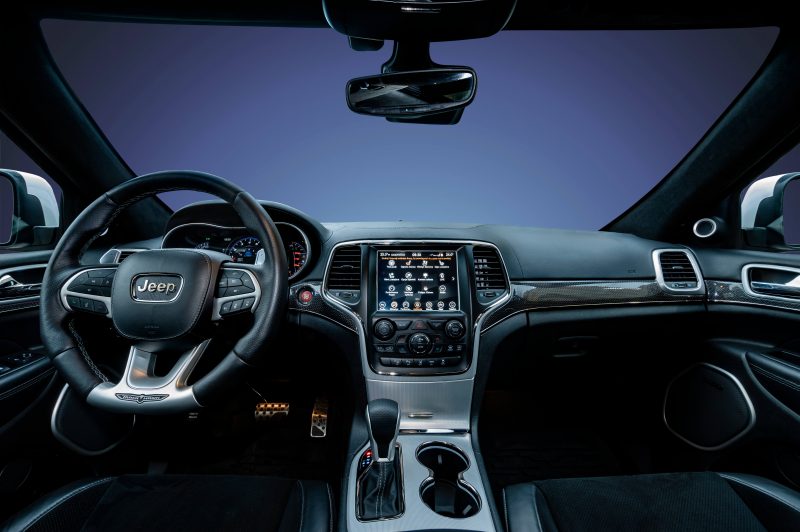
If none of the above is what you might deem roadworthy, and it seems Stellantis is in agreement. But here’s the catch: while these vehicles are in recall, the manufacturer has yet to solve the issue with a permanent fix. It seems they are still developing the repair protocol.
In the meantime, however, to find out if your vehicle may be affected, check here.
Samsung.
But Samsung isn’t a vehicle manufacturer, you’re wondering, right? Correct, it’s not. Nevertheless, the tech giant is very much involved in the automotive world by way of providing batteries for vehicles. The recall from Samsung SDI is for its high-voltage batteries installed in over 180,000 different vehicles.
The plug-in hybrid vehicles potentially affected by the recall include FCA US, Ford, Audi, and Volkswagen. The issue with the battery packs is an internal cell failure which can lead to total loss of drive power and an increased risk of fire. For the time being, all the relevant manufacturers are working on software improvements to both test for faulty batteries and to remedy the original problem.
But what should you do if you happen to be driving a hybrid vehicle made by one of the aforementioned companies?
Well, rather than a standard automaker recall in which you’d approach the company responsible, it seems that in this case, you can bypass Samsung entirely. Instead, head back to your specific dealership, and they will address the issue with a temporary software update that notifies of battery irregularities.
Until a more permanent solution is found, folks driving cars or trucks with the possibly faulty batteries are being advised to park outdoors, and to maintain some distance from any structure in order to lower the risk of fires.
And there they are: the three recalls we thought were important to share with you. It’s our hope that none of our friends need worry about any of the above issues, but either way, forewarned is forearmed, right?
Whatever your ride, remember that if you’re in need of our expertise, you’ve landed in the right place.
Head on over to our nifty site and choose from a number of tag and title services at your will. Our page is built to be user-friendly, and our approach is a simple step-by-step guided process, no matter what your needs may be. And if you need a hand or have a question, go on and reach out – we’ve got you. Because as always, at eTags, we’re here to help!
